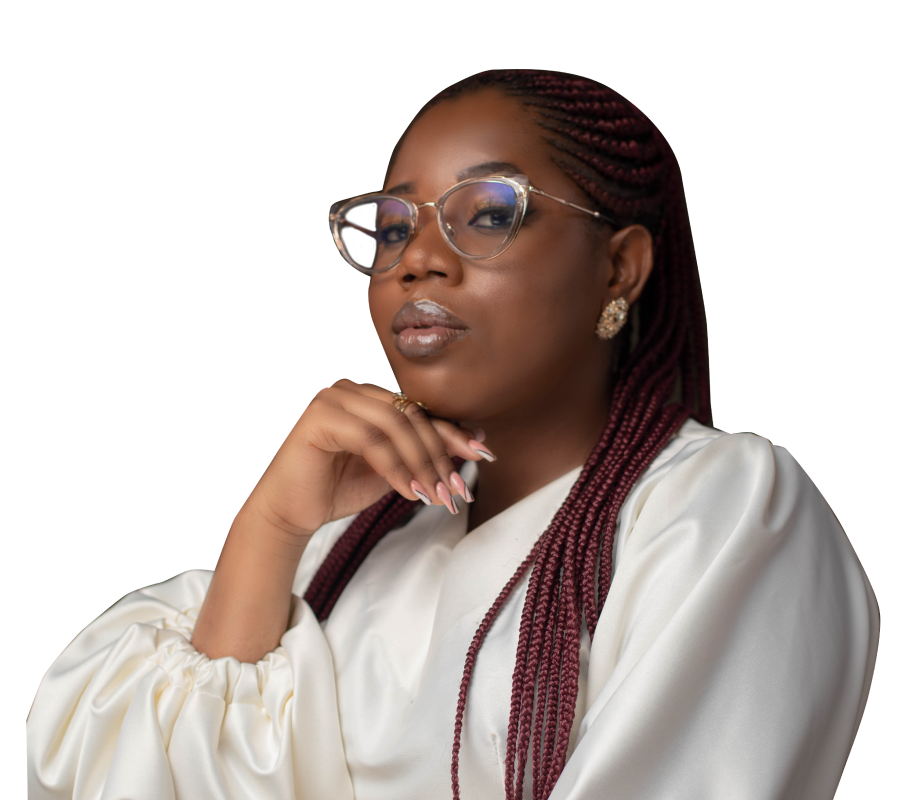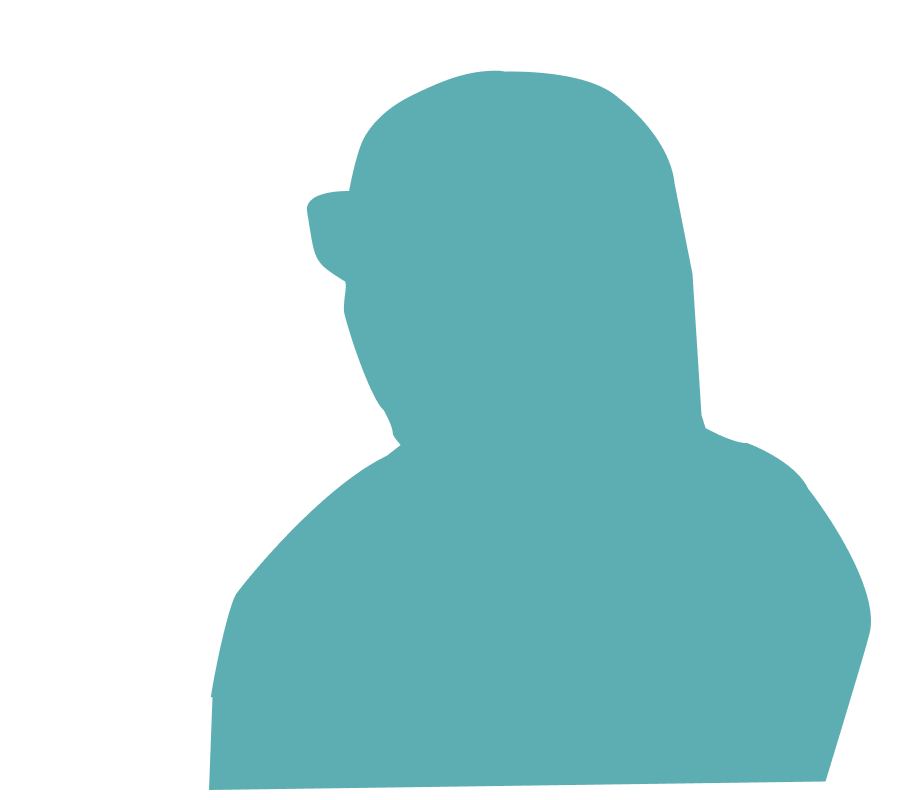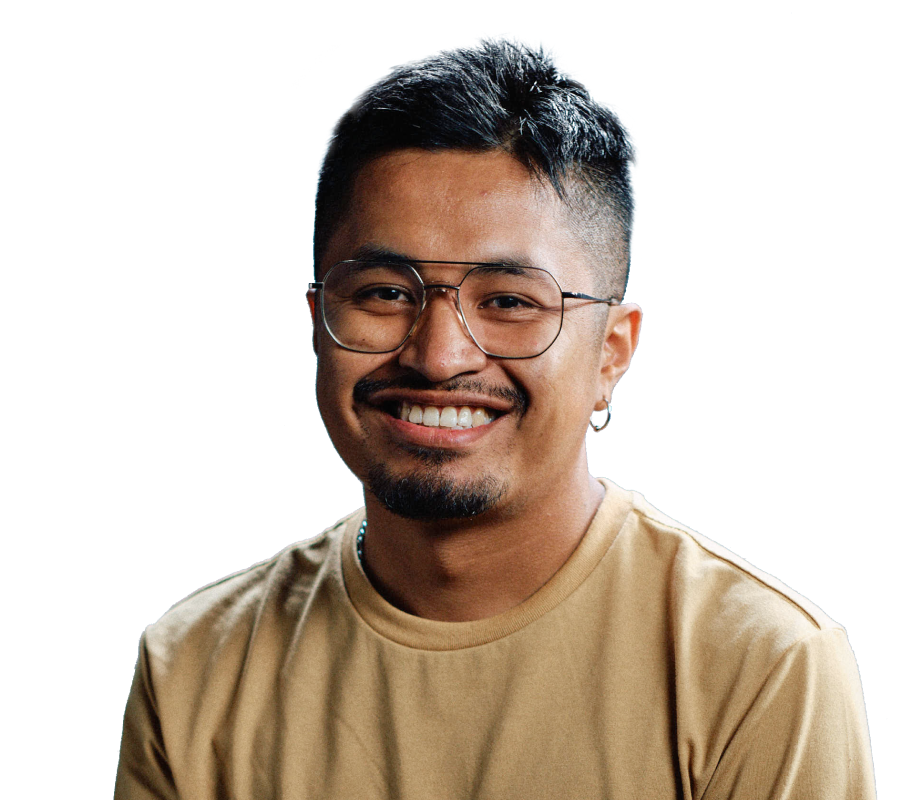Meet
Naadu Awuradwoa Addico
Africa’s young women are not just the future—they are leaders of today



Please, enable sound for an immersive experience

Meet
Naadu Awuradwoa Addico




Efforts to prevent new HIV infections will succeed only if they succeed for Africa’s adolescent girls and young women. When we have raised our voices to be heard, we have had support from allies who value us. But we African young women remain held back because of situations in which, instead of being listened to by decision-makers, we are talked to, talked about and talked over. We call this “age prejudice”. It is the attitude that says “You are young and do not know—and we are old and wise, so we will decide for you.”
Some decision-makers blame us and tell us what to wear or how to speak. Others feel sorry for us and want to “rescue” us. These attitudes put us at greater risk.
I became a peer counsellor when I was a schoolgirl. I did not plan to be one. My classmates picked the role for me. I had been a very confident, sociable child when I was little—but when an experience and witness of abuse made me retreat into myself, I found solace and information that helped me in the library. I wanted to know about my body, so I went to find the biology textbook. I looked up the explanations for the things that we girls were not allowed to talk about to adults.
That is how my role as peer counsellor began. I became the person to ask. My classmates gave me the nickname Love Guru. Friends from school and from church came to me with questions about the health issues they faced and the relationships they were in, that they were too afraid to ask a parent, a doctor, a priest or a teacher. The biology I had read helped, but even more important was empathy.
What has given me strength throughout has been other young women. We look out for each other, and we look after each other, and we help each other grow. We respect differences and we understand that young women’s needs are not all the same, because our lives are intersectional. For example, I work a lot with young women with disabilities, supporting them in advocating for their rights. Many decision-makers do not understand that the risks of sexual abuse and exploitation can be even greater for young women with disabilities. This is what authorities miss when they plan for people instead of supporting people to plan for themselves. And because young women with disabilities face a double prejudice—for being young women and for having disabilities—they get even less recognition of their contribution as leaders.
We African young women and adolescent girls are developing approaches for HIV programming that can reach our generation. Many of the official public health messages do not connect with young women, because they do not speak in ways that we relate to. So instead of long leaflets in formal medical English with cold statistics, I make short social media videos with clear graphics, using our patois. Because young women seeking advice are often scared and ashamed, I use roleplaying, dancing, music and humour to help my peers be at ease. Learning needs to be fun, or there will be no learning! And because no one size fits all, my communications open a space for people to ask the questions that matter to them, and reassure them that there is nothing they should be afraid to ask. I do not plan any of these alone—everything is a collective process.

While we are proud of what we have achieved as young women, we are frustrated that our work is often not properly valued and supported. Frequently we are brought in to do tasks set by others, but only rarely are we recognized as leaders. We get looked down upon. When we work with older people, some of them talk to us as though we will do all the learning and they will do the teaching, and we are expected to continuously demonstrate respect but not receive respect. Speaking up and sharing important insights from our experiences often gets treated as causing trouble. When, despite all this, we manage to rise to positions of authority, the nastiest comments are made about how we are assumed to have reached there.
Young women’s initiatives are often left to operate without funding support, or depend on one-off awards that do not ensure a sustainable future. Some older people ask “What can these young women do?” And yet despite so much being rigged against us, we are already doing a lot. With full support, we can do even more.

Community mobilization coordinator for MPact Global Action for Gay Men’s Health and Rights